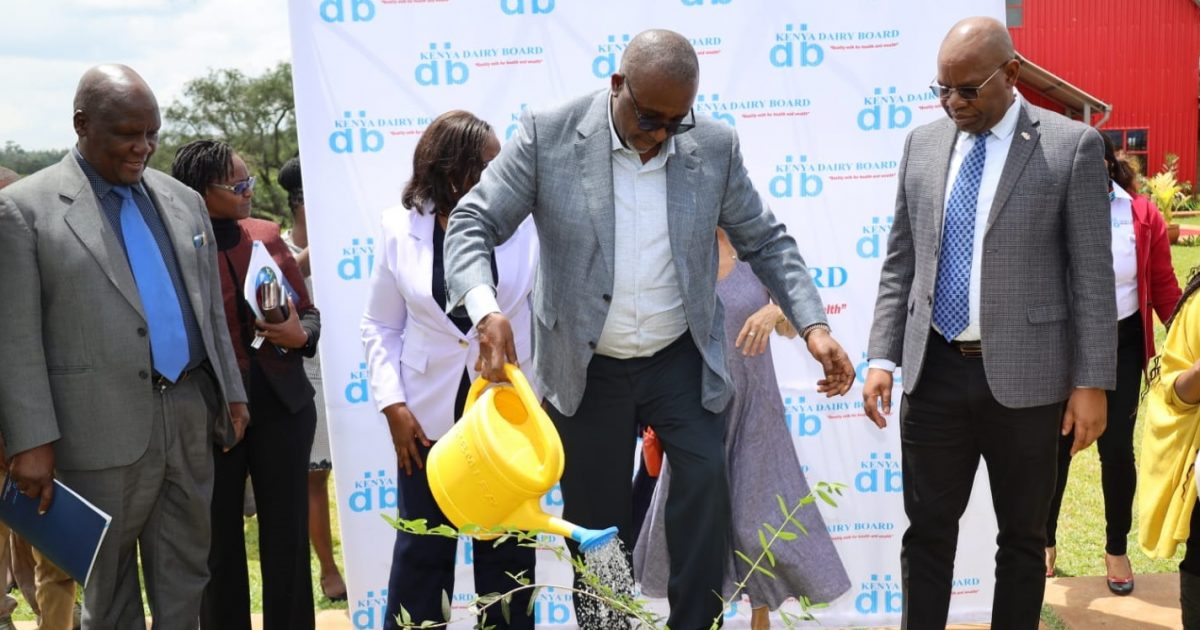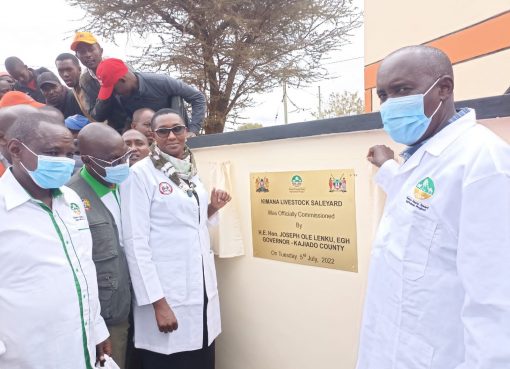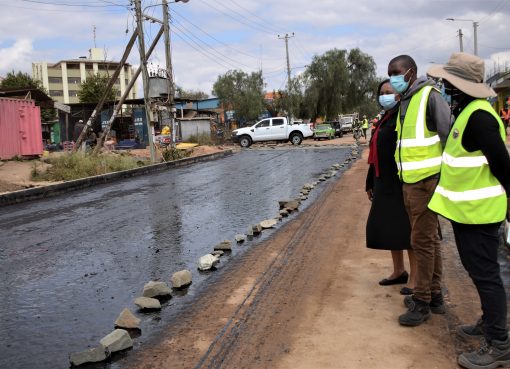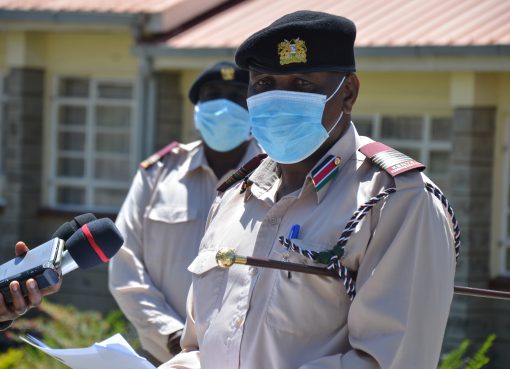The government through the Kenya Dairy Board (KDB) has launched the Kenya Dairy Industry Sustainability Roadmap 2023 – 2033, geared towards increasing dairy farmer’s income by doubling their milk production per cow.
Agriculture and Livestock Development Cabinet Secretary (CS) Mithika Linturi said that the transformative goals of the 10-year road map are to double milk production from the current five billion litres to 10 billion litres per year, grow exports of dairy produce to one billion litres, increase the percentage of formally marketed milk from 30% to 50% and increase the revenue of small-scale dairy farmers to Sh.56, 000 per month.
Speaking in Nairobi during the launch of the roadmap, Linturi said that to double the production of milk, interventions including enhancing access to fodder and feeds will be undertaken to double the productivity of milk per cow per day.
“Kenya has an estimated dairy herd population of 5.1 million and over two million smallholder dairy farmers with an estimated annual production of 5.2 billion liters of milk valued at over Sh.230 billion,” he said.
The CS said that the productivity of our large dairy herd, at below seven liters per day, is low by global standards and it will be easier to increase milk production in the country by doubling the production per cow, compared to increasing the number of dairy herd.
He said that providing better feeds, veterinary services, healthy and clean environment is a proven way of increasing milk production, with results evident in less than a week’s time.
The CS noted that the potential of the industry has not been fully realized, mainly due to low productivity, high cost of production, and other inefficiencies.
Linturi added that the government aims to reduce greenhouse gas emissions from the dairy industry by 0.4 Metric tonnes of CO2 equivalent by 2030 as outlined in our National Climate Change Action Plan of 2018 – 2022.
“State Department of Livestock Development, in partnership with Kenya Dairy Board, UN, FAO, and IFAD are currently developing a project proposal on “Pathways to Dairy Net Zero” (PADNET). The proposal seeks to transition the dairy industry to lower Greenhouse Gas Emissions and adapt more climate resilient dairy systems,” said Linturi.
The CS said that it is his expectation that the roadmap will enable the country to employ modern technology and climate-smart approaches to competitively produce, process, and market an additional 2.5 billion liters of quality milk per year to meet the growing demand.
On her part, Kenya Dairy Board Managing Director Margaret Kibogy said that the roadmap seeks to raise milk production from 95 percent to 105 percent of local demand as well as increase productivity from 10 liters to 20 liters per lactating cow per day for a micro-commercial farm.
She said that the roadmap which was developed with the support of the United States Agency for International Development (USAID), heralds modern farming, efficient manufacturing, cutting-edge research and development, increased finance, and enhanced trade opportunities with wider implications for rural transformation.
Kibogy said that the roadmap seeks to ensure that at least 80 percent of marketed milk output goes through the cold chain, while at the same time ensuring that at least 60 percent of marketed milk is formally processed.
“The plan is to lower the retail price of packaged whole milk by at least 20 percent from the high prices experienced at the beginning of 2023,” explained the MD.
The roadmap also seeks to provide on-farm coolers to farmers producing over 50 liters of milk per day and who are not within walking distance of a collective cooling facility.
By Joseph Ng’ang’a





